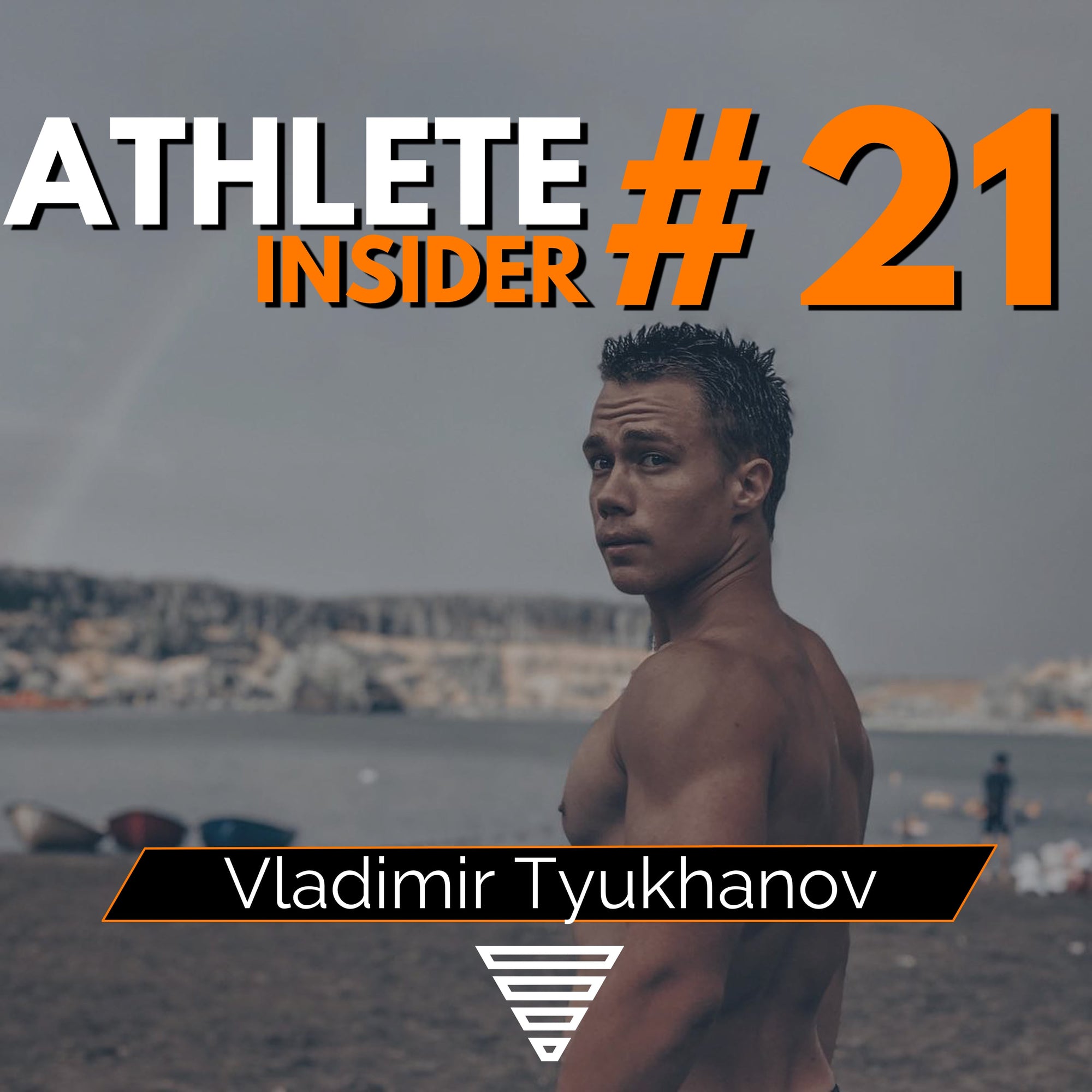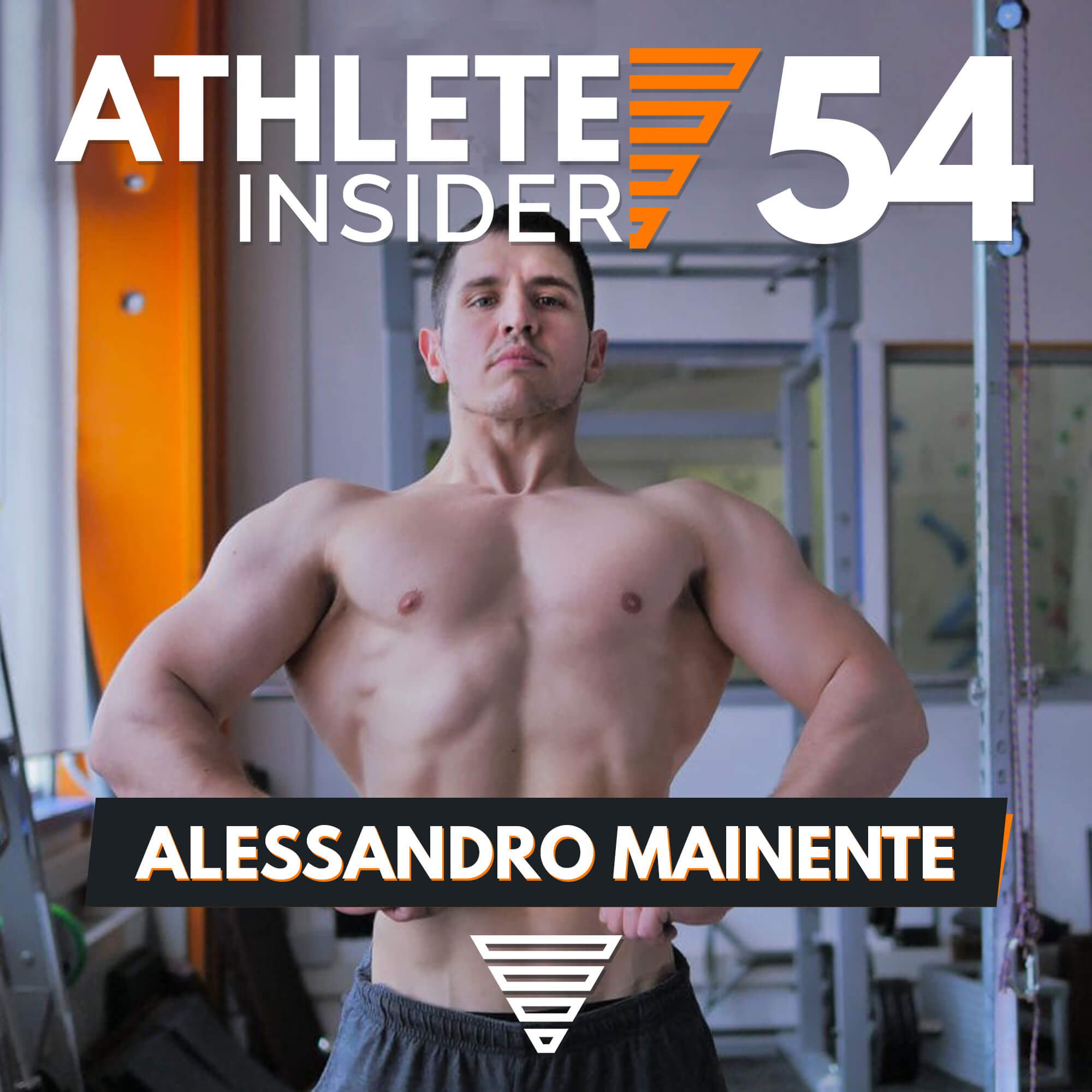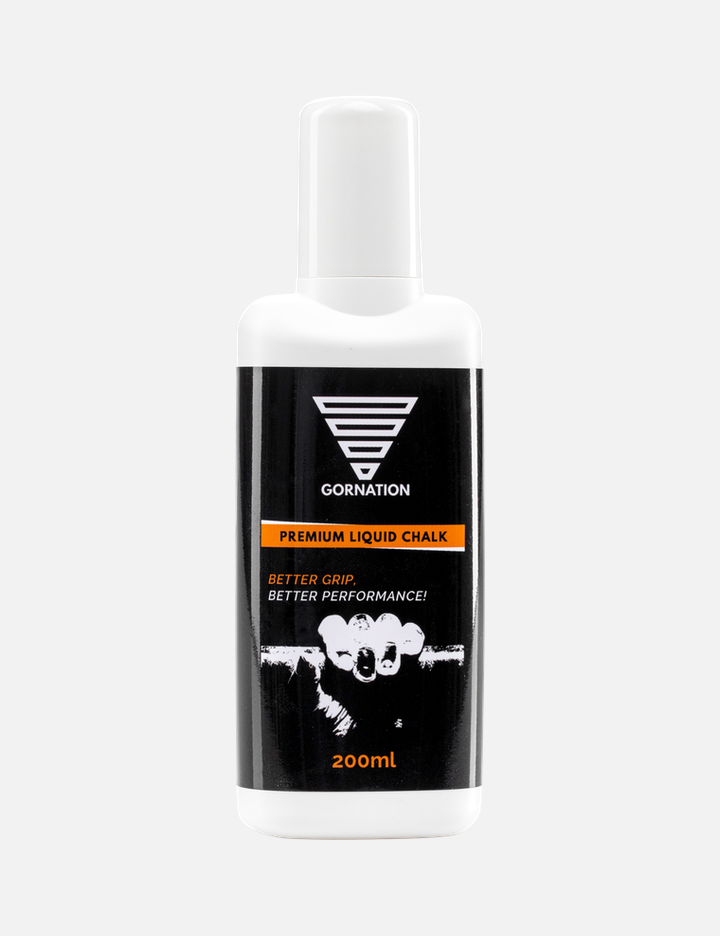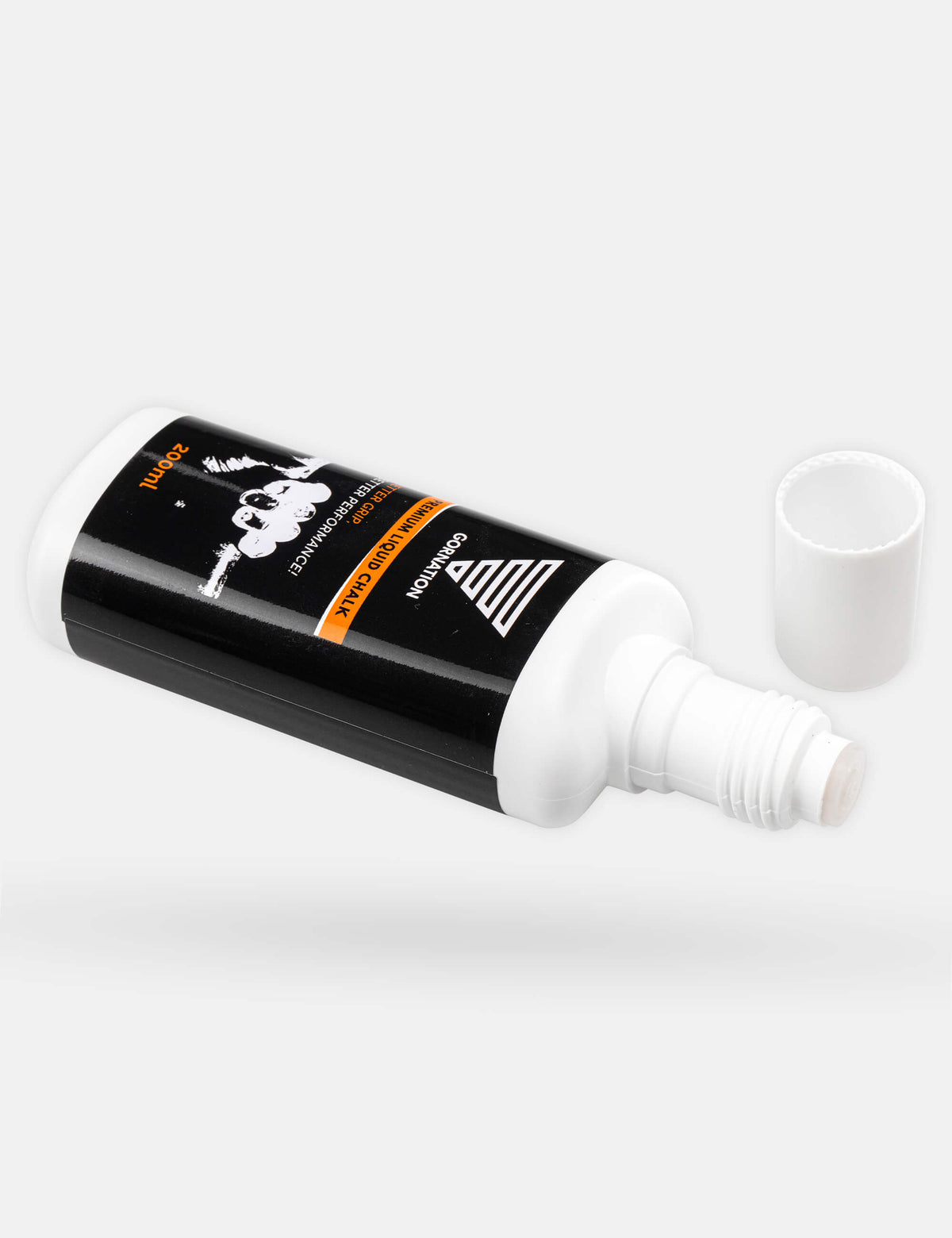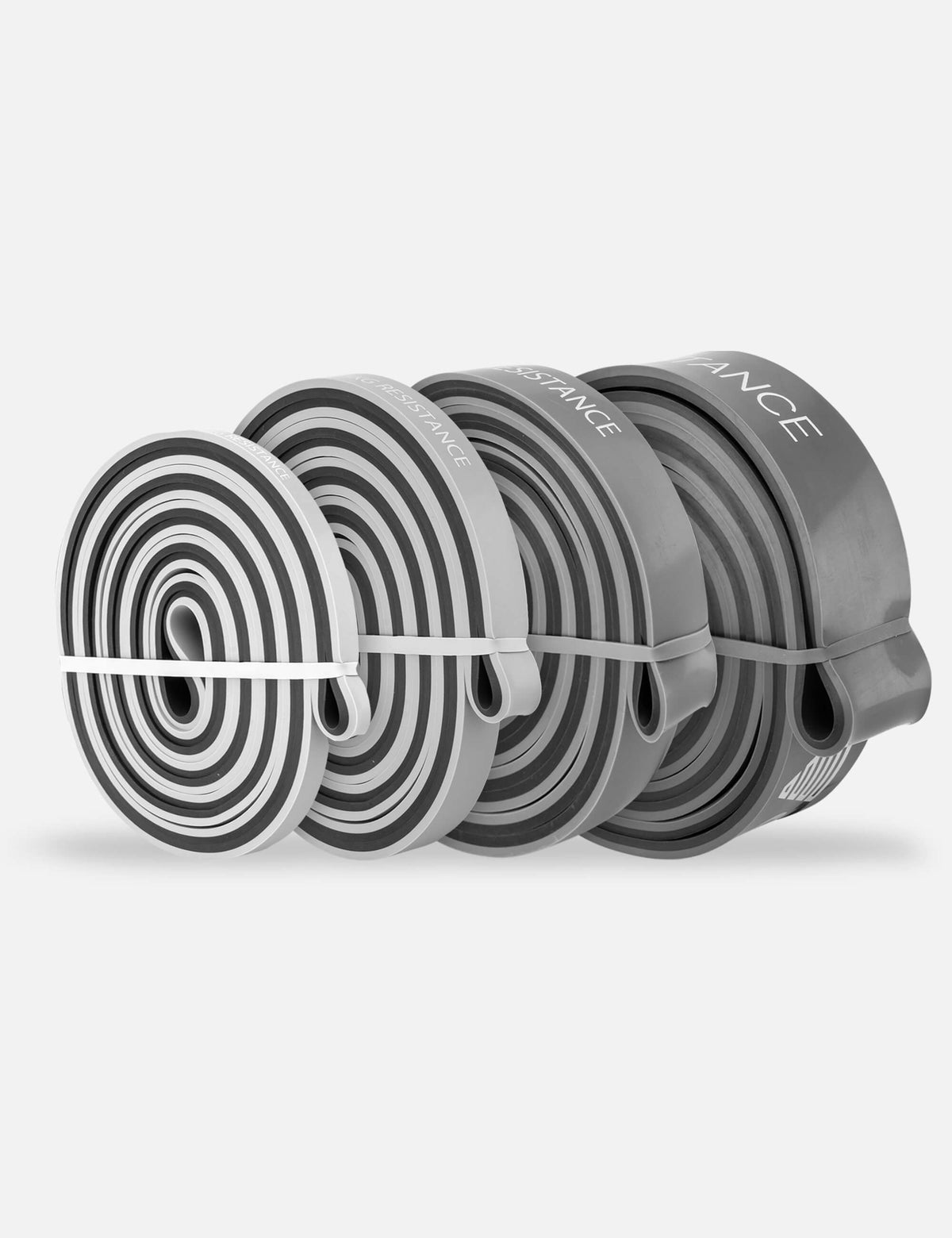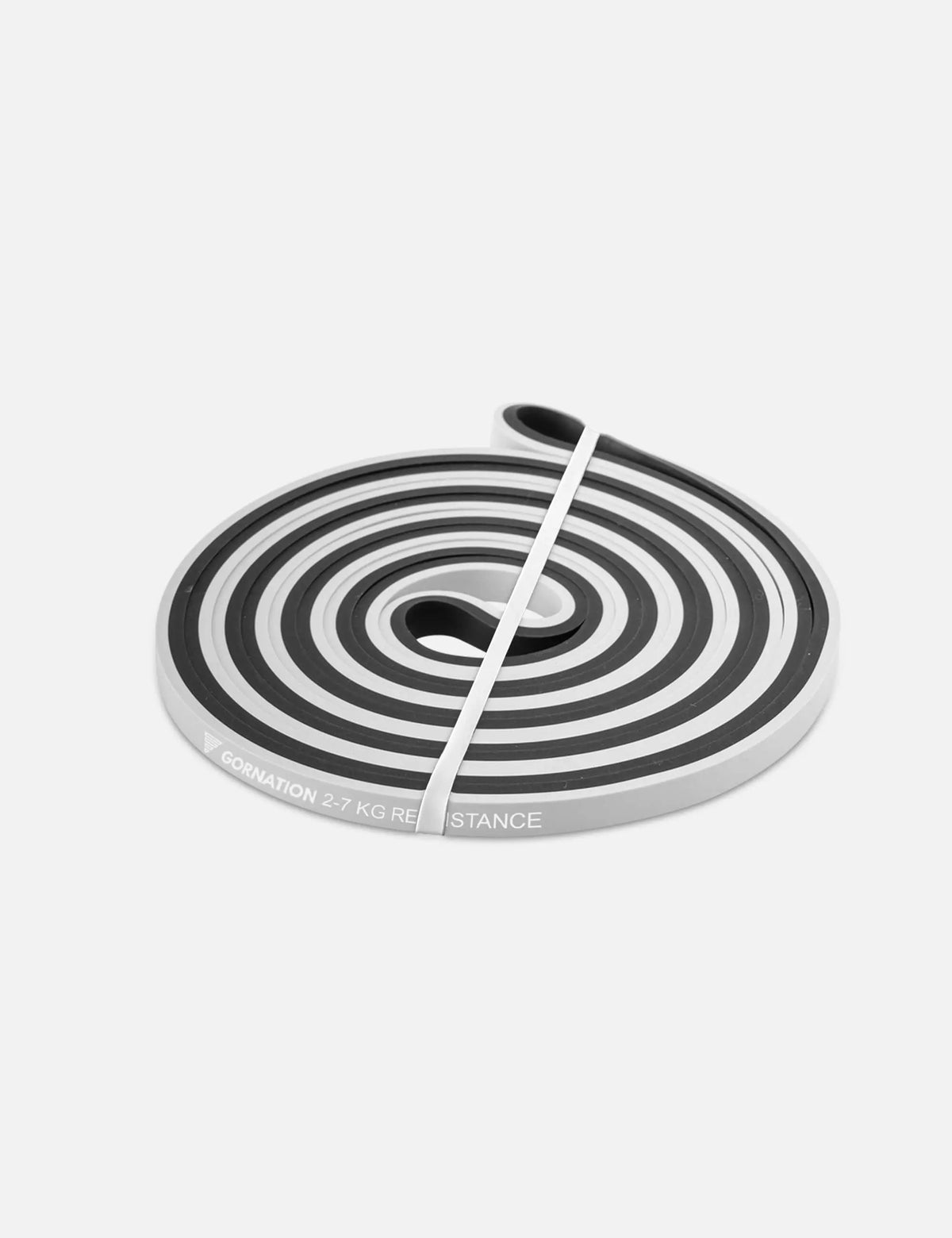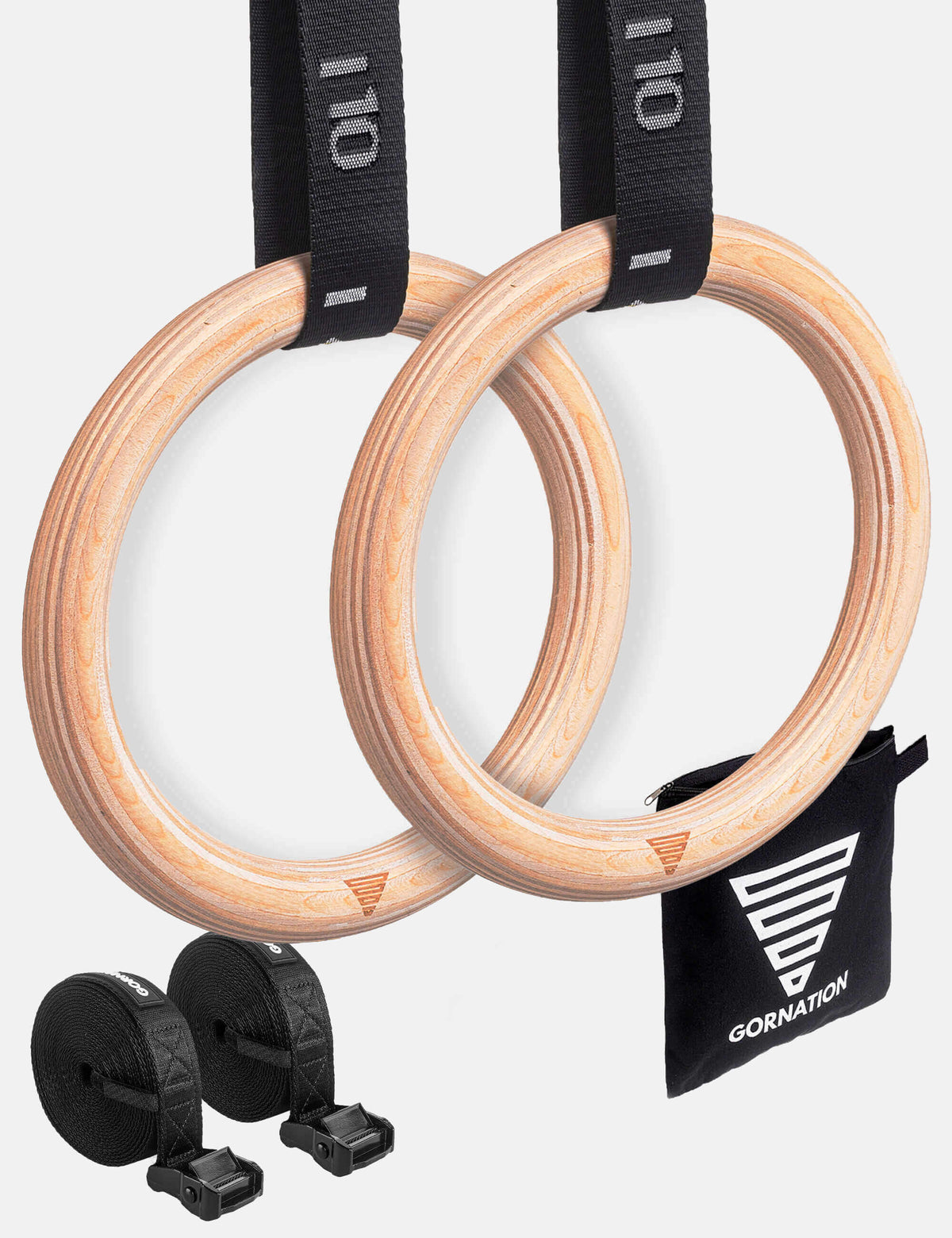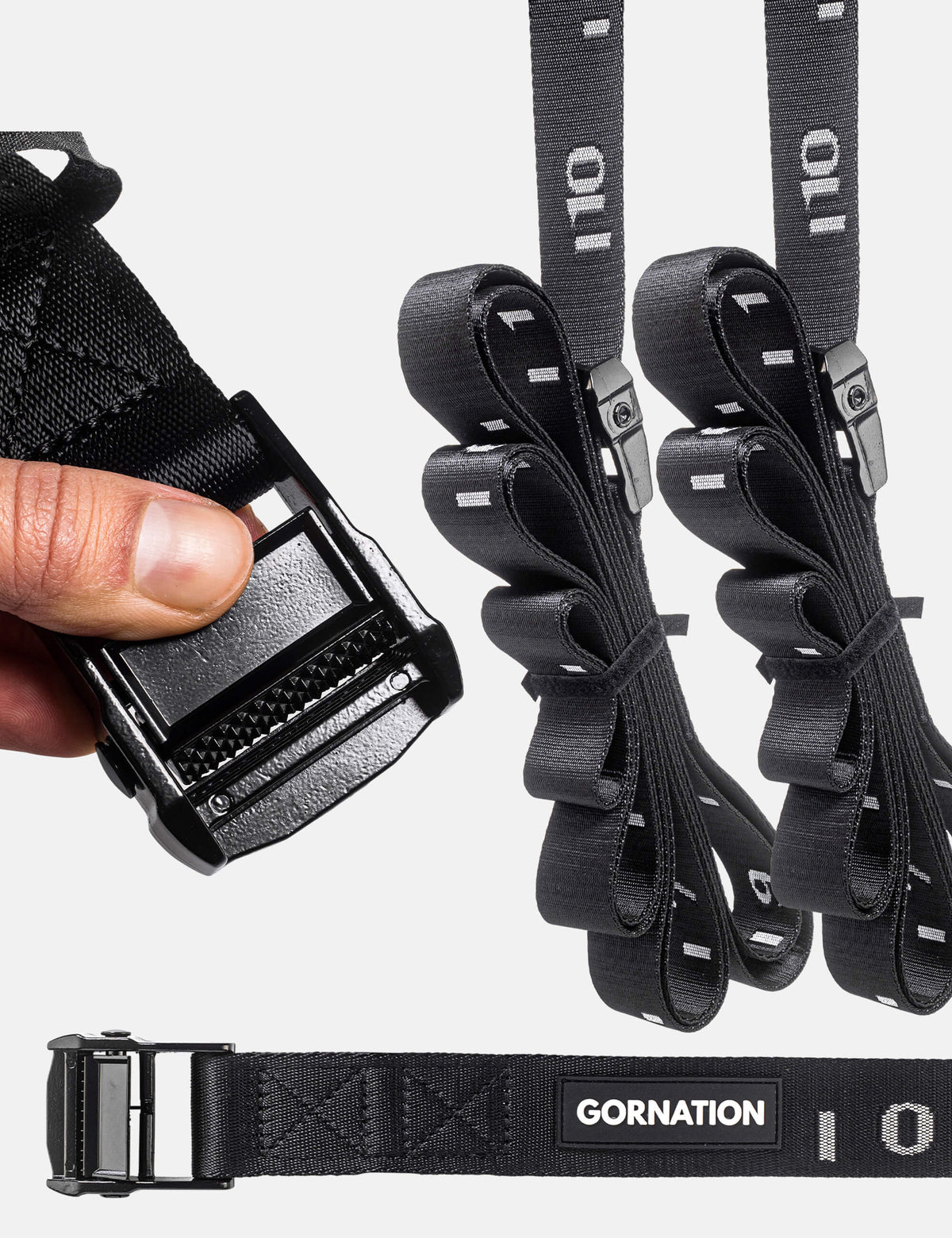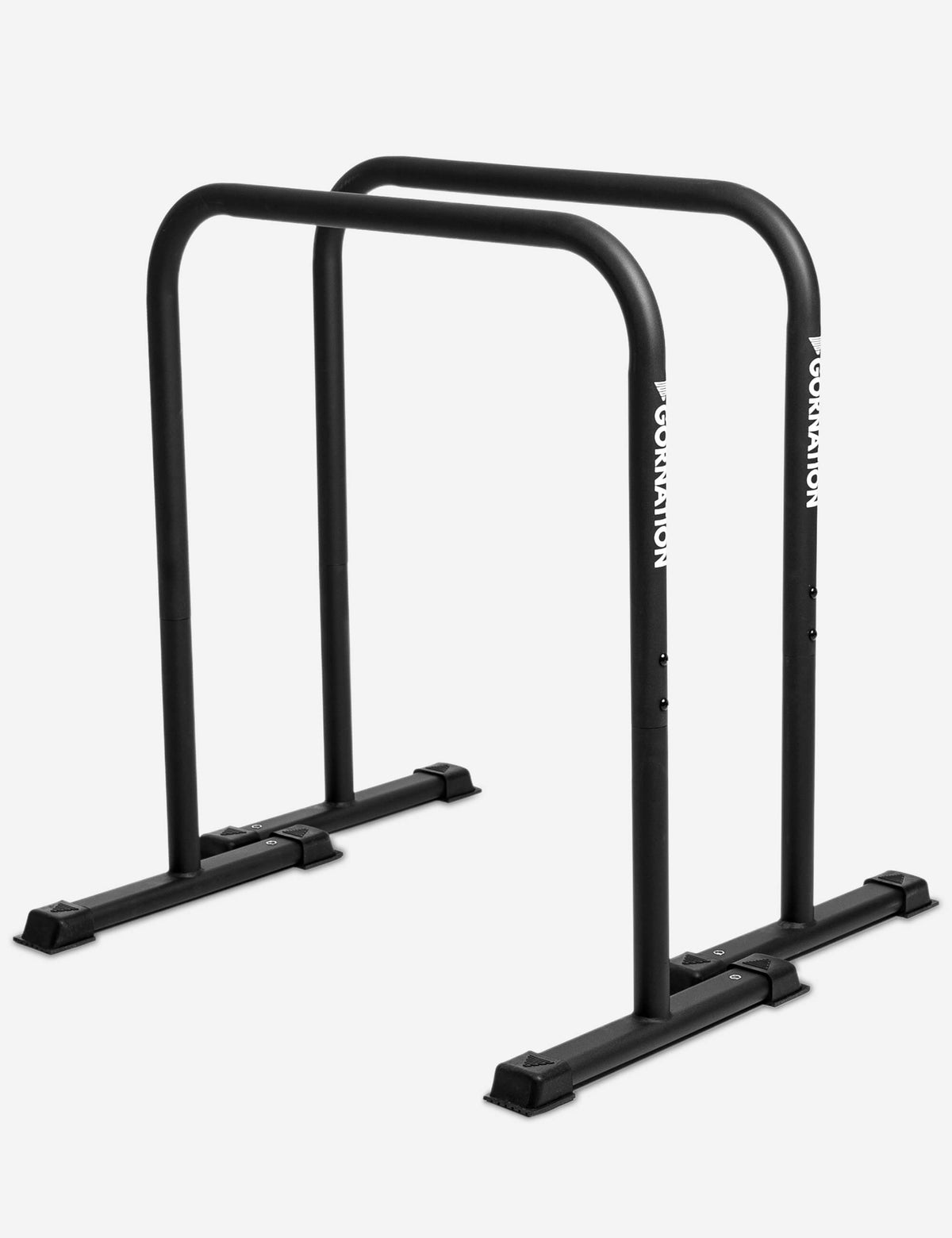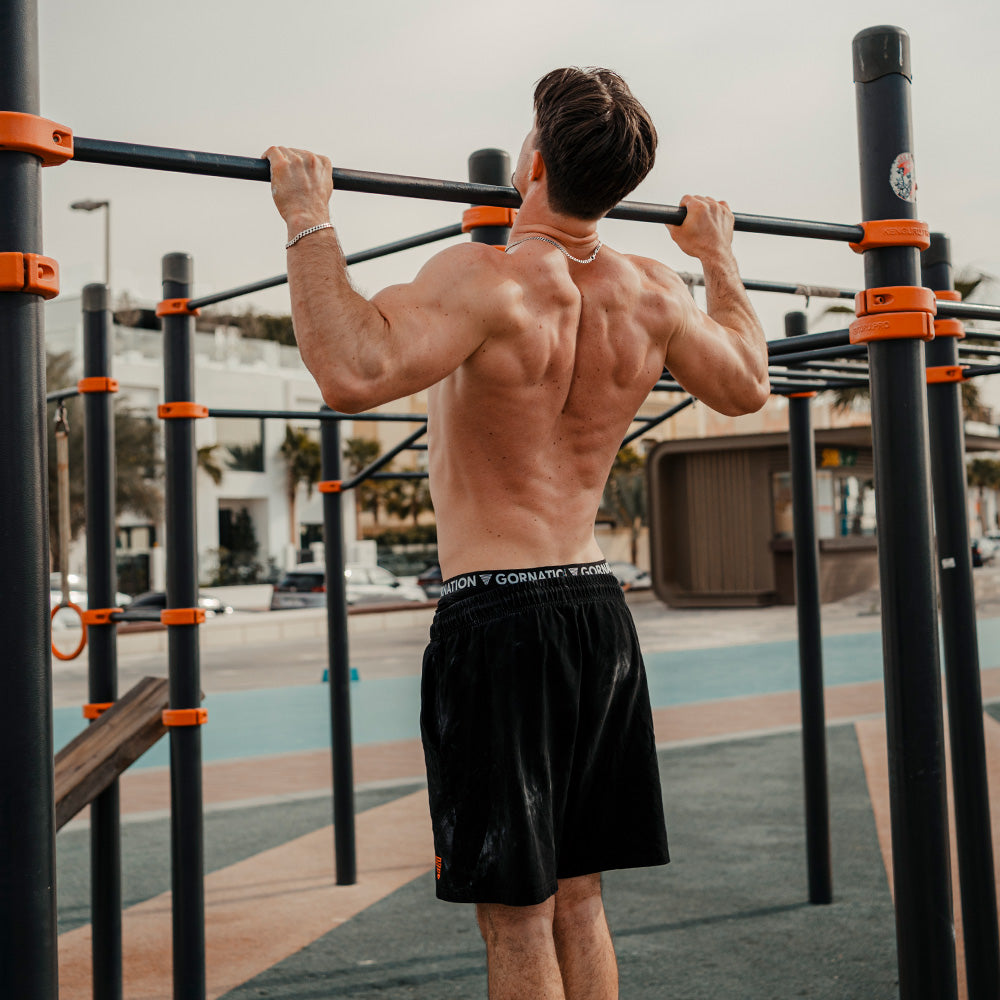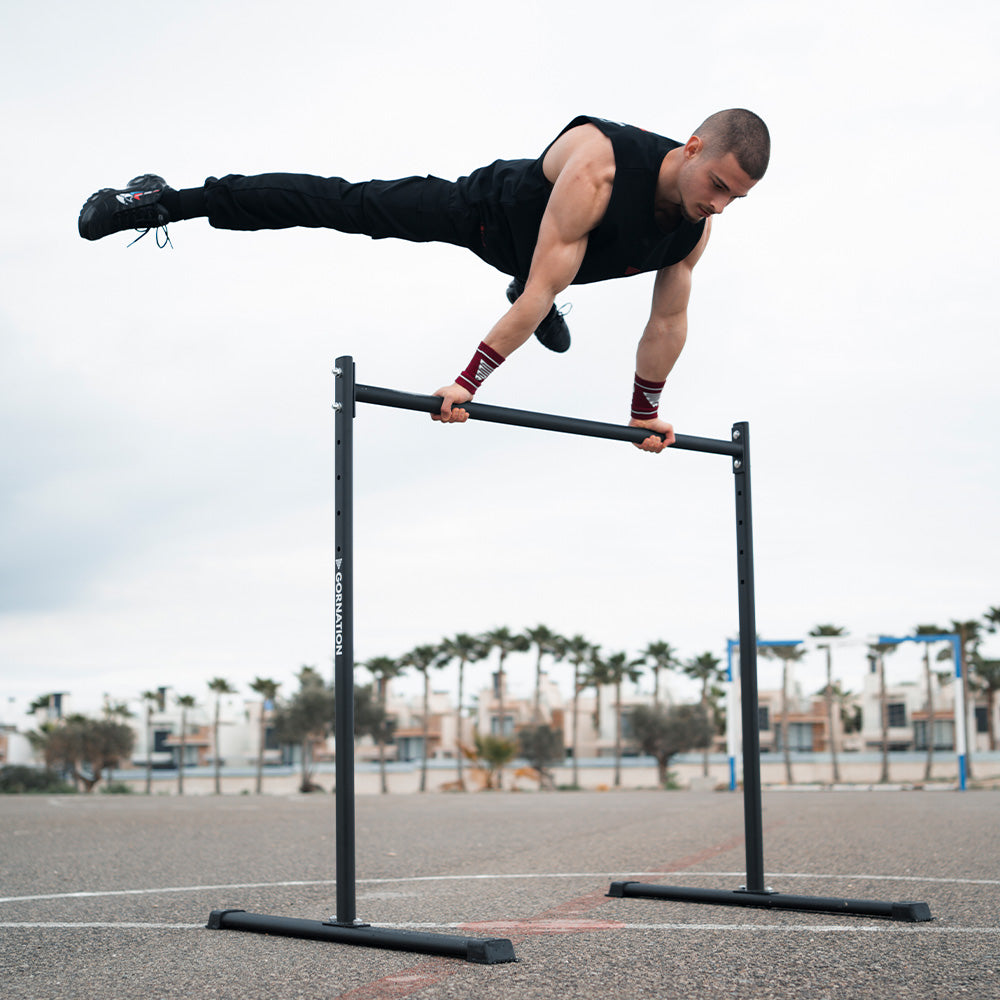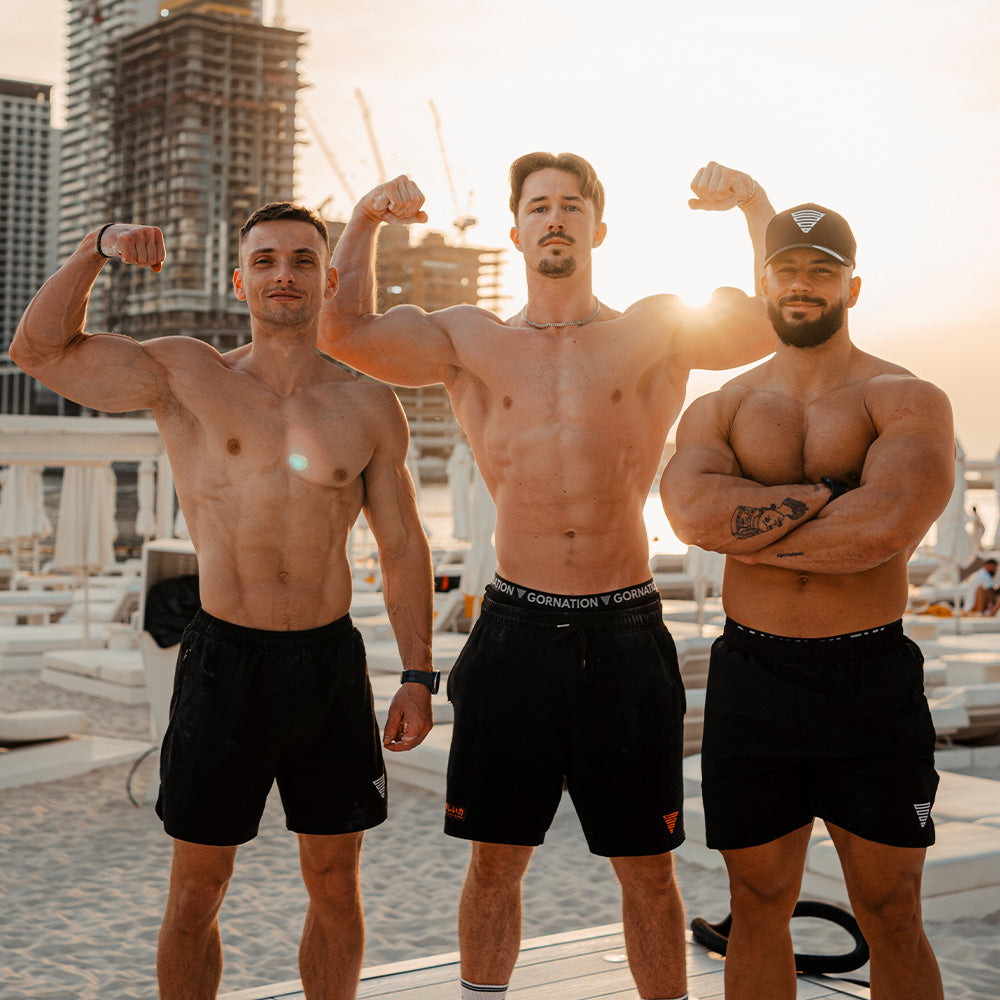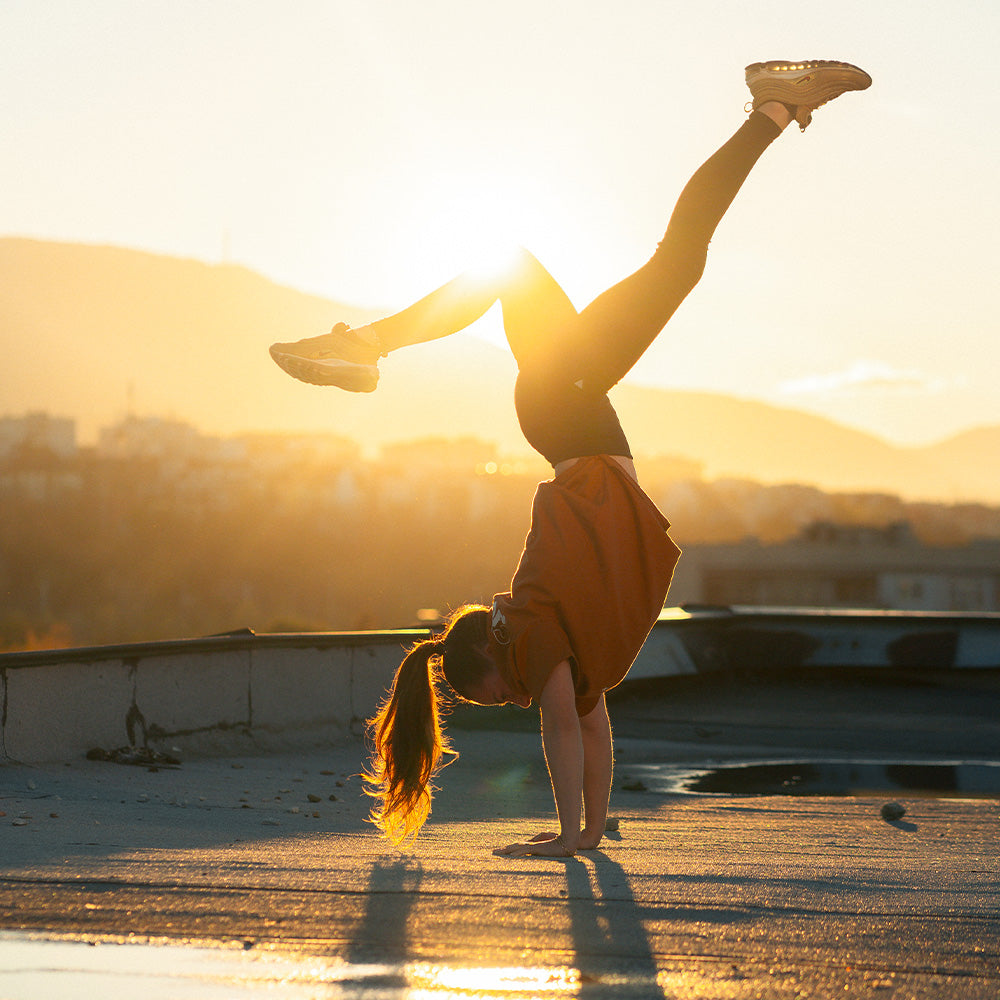DANIEL "FITNESSFAQS" | Training Methods & Insights | Interview | The Athlete Insider Podcast #55
View the interview here:
Or listen to the interview here:
The text of the interview (translated automatically):
i'm going to announce it officially here on gornation daniel vadden all fitness faqs is shelving the planche full planche is not on the agenda i'm very satisfied with the straddle plancheYo Gorillas welcome to the athlete insider podcast by GORNATION my name is phil and today's guest is the one and only youtuber fitness faqs daniel from fitness faqs i'm extremely happy to have you on the show somebody with a master's degree in physiotherapy an athlete himself with over 10 years of experience and yeah somebody who influences calisthenics athletes all over the world since a lot of years i'm really happy to welcome you to the show daniel welcome thank you very much for having me phil excited to chat sure i'm also really looking forward to this uh it's been a long time that we talked last time uh i see that it's uh quite cold quite uh winter winterish in australia so yeah how are you these days everything's good yeah i've been traveling well won't bore everyone too much with the details but uh in melbourne australia right now we're on a another lockdown so probably another week or so of lockdown here but otherwise all good okay cool so you use the time right uh you you try to maximize uh the the time that you spend in the office i guess yeah the usual stuff everyone's heard over and over again control your controllables trying to get some good leisure time and of course some calisthenics in the mix also great um yeah let's start with the hard facts even though you share a lot of and you are a really transparent person uh there are still some questions about the hard facts how old are you i am 28 so my birthday is 19th of october 1992 okay so if you want to collect some some karma points you can put this into your calendar right now and then you can yeah yeah you can shoot that expecting some extra instagram messages now awesome how heavy are you right now i am around 83 kilos and 183 centimeters okay uh yeah you already said the last question how tall perfect um yeah let's uh start give us a little bit of perspective how did you get in touch with the sport how was your first uh first calisthenics touch point yeah sure so i started calisthenics when i was 17 years old in 2009 and my introduction to the past time activity sport if you will was through youtube so one day just for whatever reason in the early days of youtube i came across some calisthenics videos as most people did in the early days from new york so the barbarians hannibal for king calisthenics calisthenic kings those type of guys that were just in incredible shape doing the basics with just their body weight and i remember just being instantly intrigued by what i saw and like most people rushed out to the park and uh did not perform as well as what i saw on the videos and didn't look as gracious of course but over time you see a little bit of improvement so you you can do a few more pull-ups you can do a few more dips you can do a few more push-ups you start to notice you've got a little bit of a bicep muscle growing there and some chest and some shoulders and after seeing that initial progress in the first few months as a 17 year old i've been training calisthenics ever since well for me like i'm into into the calisthenics game myself since 2013 2014 for me it feels already like you are some of one of the the early calisthenics uh people calisthenics influencers but we have to remember that in 2009 when you started there were already like zeph zacchaevelli who was just one name uh he was already performing on a high level like i also asked him in an interview with him since how long did you do calisthenics and he was like uh since 1996 and i was like what wow wow that's like a lot like the time when most people were born or maybe even you know before then for most people that's true so for me it feels like when you started in 2009 it's already so long ago but then there are still people like the calisthenics kings like the barbarians people who are like uh performing already on a really high level in these times so um yeah interesting um when you started with calisthenics what were your goals was it to build uh muscle mass was it to learn some cool skills or to impress the girls like what was the the main motive motivation behind it a good question in in the initial days i was doing parkour at the time so while i was doing parkour was mainly to improve my my bodyweight strength to be able to do more climbs etc better but then over time i found that i was less interested in the parkour side of things and more just in the calisthenics and that's when i started to get more into just improving the basics so better better muscle ups uh start practicing handstands and learning some strength skills with handstands like press to handstand handstand pushups and just building it from there so just continuing with white calisthenics and just essentially doing the basics okay so today i mainly know you for really controlled calisthenics slow movements controlled really good form etc so um your beginning was in in parkour were you the the explosive guy somebody who was like who had good really explosive strength and who did dynamics and like how can we imagine that danielle doing parkour that's a good question too yeah i'd say so i think that's just a part of the evolution of training i find that most people when they're teens to early 20s to 30s i find that people go from being more explosive reckless and dynamic with their training approach because you can get away with anything your body responds to anything and everything and i think that just over time you start to approach things uh a little bit more calculated a little bit more sustainable and i think that's just the natural progression for me over time i've always gravitated more towards the like you just said the more strict style of sets and reps wave calisthenics me personally doing the freestyle stuff has never really interested me like i can see why people do enjoy it because it's pretty impressive to watch uh but for me personally i just find it more fulfilling just getting the basics man same here so um yeah that's uh that's interesting um let's switch to today um how does your workout schedule look like today for a week like um it depends i know that you're a really accurate uh scientific uh person so it depends on you if you want to show like tell us a simplified version or really go into detail i think people would appreciate both okay yeah this this is a tough question to go into detail and provide a lot of value for people because i'm sure most people that you interview say a similar thing it's what works for me is not going to work for other people they're at a different point in their journey uh different time commitment they can uh put into their training etc cetera but phil for the last one half years have actually transitioned more to a mobility focus and calisthenics has taken a little bit of the back burner so i'd say for the last year i've been pretty dedicated on improving probably not a position that's as familiar in calisthenics but it's called the back bridge are you familiar with that movement yeah that bridge yeah of course you go backwards yeah yeah so the reason for that i'm sure people listening probably what's he talking about why why would he be doing that when he's doing calisthenics because i spent uh a good five to eight years as i just said on the basic movements pledge front lever one arm chin up weighted weighted basics and that's awesome you build some good strength with what your body can do you build some good aesthetics but i found that i was getting so jacked that my mobility was very restricted and it's not a bad thing i mean your mobility is dependent on what you do and what activities that you you're trying to get out of your body but i found that wanting to work on more advanced things like a more like a gymnastics press to handstand like a stall depress requires certain attributes that calisthenics wasn't giving me i found that when i wanted to work on one arm handstands because my shoulders were so closed and my lats were so tight from being able to do these heavy chins and pulls that i i was just restricted with what i can do so basically i've been a beginner for the last one half years and i've made a pretty big transformation which i'll be sharing with people probably pretty soon after this podcast so hopefully that motivates people on their journey so as a answer to your question what does my training split look like these days last year and a half it was pretty heavy on the mobility at the start of my workouts and the calisthenics was coming secondary so i would have been doing a backbridge fake focused strength mobility stuff three days a week and calisthenics in a upper body workout session three days a week and just legs once a week so if you look at that that's seven seven sessions in a week okay and did you feel that your strength that you lost your strength because i would say a fear that a lot of people have doing mobility is that they fear losing the strength and the stiffness that you need for some uh movements like the planche i would say like maybe you can correct me with no you're 100 correct i definitely lost strength and you almost nailed it just straight away so you do benefit from having stiffness in your muscles when you're trying to demonstrate your max strength so if someone wanted to perform at the highest level in calisthenics then having really open shoulders and you know quite unquote flexible muscles would not serve that goal as well but i'm sure with what people have been following with fitness faqs we know we've got a very more moderate approach to what we're teaching it's like calisthenics is the base with the body weight strength we're trying to build some muscle as well but we want to have mobility to move freely too so we're not going to set the world on fire in any one particular area but i'm sure discussing with you you can see that as you go through the journey of training you start togravitate more towards general abilities as opposed to specialization because each has a certain sacrifice so to answer your question phil yes by training mobility you're going to be taking steps back but that's necessary to take steps forward so what i mean by that is despite me getting weaker overall at the basic movements like handstand push-ups suede dips weighted pull-ups the reason for that is because now i'm training a further range of motion that i have to teach my muscles to get strong in so in a way now that i'm beginning to refocus again on my cal's necks because i've ticked my boxes of doing my side splits and my back bridge and stuff like that it's somewhat good because i feel like i'm learning again if that makes sense because the challenge of improvement feels like i'm trying to teach my body how to gain strength in this new range so it's it's fun man it's a good challenge wow i have to think of gymnasts because gymnasts are strong in mobility i would say like um we can't generalize everybody but like the the the gymnast uh that i have in front of my eyes is somebody who is really flexible who has like i know these crazy stretches that they do for gymnastics um for the shoulder mobility etc but they are also extremely strong and they can do planches and maltesers etc is that exactly the thing say uh the thing that you said that they train the strength in in the whole mobility like in this whole range of motion definitely so a lot of gymnasts are fortunate to do both when they first start if there's one nugget of advice that i can give any young athletes or calisthenics people or just anyone that's listening to this it's to work on using a full range of motion from day one if your priority isn't to set world records then you're going to save yourself so much time if you just do your pull-ups with a full range of motion going into the hang doing your overhead pressing movements like your pipe push-ups not with this complacent closed angle at the top going all the way to the top i believe that's why the gymnast can display both whereas i'm probably in the position that a lot of people have been training for a few years slash adults are in in the respect that they've done their basics got really strong built some muscle but haven't really paid their dues so to speak with their mobility stuff okay that's that's really interesting because uh yeah mobility is something that i think is uh essential if you want to perform uh still perform in 20 years 30 years 40 years i see a lot of people who have like extreme problems with mobility when they become older i don't know if you by any chance read the biography of david goggins who also at the end is extremely interesting uh part where he talks about how mobility like a lack of mobility nearly killed him like that's this is an extreme example but he had like extreme health problems uh which got solved by somebody who showed him how to stretch properly and he didn't do uh 10 stretches for um a few minutes but he did i think he'd only did two or three stretches but for for two hours um and this helped him to get out of this maybe that's an extreme thing that you're laughing i think that's not the uh the the scientific way he's the guy get me started man don't get me started yeah but i i think what you're saying is is something that everyone listening needs to hear it's the sustainability and longevity yeah doing prs and doing your new personal records are awesome they should be your objective long term but the sustainability of being able to do this stuff we love until we choose to stop is what i want what i feel that i hate hearing the stories of athletes or just people really passionate about their training that are forced to stop because they can't because they've got golfer's elbow because they've been doing too much too soon they've got some acute injury because they're entering a range of motion they don't have strength for the list goes on but and it's not a really sexy topic to talk about but longevity is something that i think that all people that have a following or a voice should be just drilling really drilling home and you hear a lot of calisthenics athletes like competitive uh athletes or like just on an on a above average level who say yeah if you have pain in the shoulder just work around it uh work do exercises that don't hurt like what is maybe is what are the things that you see in the calisthenics scene in the killer snakes athletes out there um what are the mistakes that people do um concerning injuries and over training and all the all of this i think there's a lot of complexity when it comes to how do you make a training program even the earlier question you asked me is probably going to confuse people with my training split because it really give a concrete answer but i feel people can take away is just writing down your training you can forget about periodization all this stuff yeah it works it's it's something that smart training is about and you can get into that stuff but for the average person it's more just about what did you do previous session what did you do previous week how has your training built up over time because you can see why people tend to make mistakes in the calisthenics culture because we're training outdoors with our friends and we're just going to just quote unquote beast mode for three hours many times a week and that environment is awesome for pushing yourself to new limits but the downside is you're not really tracking you're not measuring one week you might be doing 40 percent more training load when we know that you should be doing in 5 to 10 increments as an example but if you track down what you're doing even if you just have it as a mere reflection that is really going to help you avoid mistakes and just i guess look from the outside in at what you're actually doing with your training because we all know it's hard to remember what we actually did last session last week but if you've got it written down then you can manage your training load a bit better sure and for me you're really one of the most extreme people in in measuring in a good way don't don't take it don't take it uh negatively but like i think a few months or weeks ago you also shared about measuring your planche progress uh which is quite difficult because it's uh if you i would say if you film it it's still quite a subjective um view it's like um how to how to how to measure you change angles you change uh yeah it doesn't matter but your planche lean you uh put a uh a line uh like uh sending me how is it called in english the the thing to to measure distance yeah measuring tape a measuring tape uh at the wall and then you try to lean forward as much as possible touch the wall with your head and measure your planche progress right yes now like you just said that is an extreme example and that's not to say that that's that's correct or it's better than your method it's just an alternative so as long as if the person is measuring in some capacity and that's a repeatable way of measuring that's perfect so in your example if someone sets their camera up and uses the same wall same type of setup they can clearly compare the two that's perfect and if they use a tape measure if they want to really geek out they can they can also do that too but moral of the story is you are measuring and that serves to track your training load but i think more importantly serves to motivate you because especially with social media these days we can see our planche against the wall and we're struggling and we're like not really that far from the wall and we can get very deflated with that and in terms of if we compare ourselves to other people but if you compare that to what you did three to six months ago you'd be like geez damn i've actually been making some progress so use that as a reflection your own progress is very important may i ask um how do you deal with comparison because um like we did the questions etc and there were people um asking um yeah why why don't you do a full planche like i guess that's a question that people also ask you in dm or why don't you do iron cross hair festo uh all the all the crazy skills that i would say um you do you also have this problem of comparing yourself to competitive athletes or to exceptional athlete of specialized as athletes i would call them um do you also have that i guess why i've got experience with answering that question is because i've had to go through that process myself so to be fair these days i try not to compare myself to other people because it's human nature we do it to an extent but i try not to bog myself down in it because you don't know what the person's history is you don't know what they're doing what they're not doing to be able to achieve what they're looking for and the second part of your question in terms of why am i not doing advanced elements like that this is the difficult thing with the social media content which is why a podcast like this is is awesome for people that have a good attention span they can hear the the answer to some of this stuff um it's difficult to justify your training at all times over a 10 year period you know what i'm saying because people might see me post me train the planche in 2014 it's like hey bro where's that full planche but like i'm going to tell you now it's one of those skills for me i had a goal of a certain point so i wanted to achieve a straddle planche while still doing other training styles like squatting heavy still doing weighted calisthenics and that was the box that i had to tick for myself so in that respect when i achieved that goal i was comparing my own progress to the goal that i set for myself sure the straddle pledge for five seconds is nothing in calisthenics it's like there's there's thousands of people that can do that quite easily but there's only one me and there's only one me that did that based on my journey so i guess that's what i'm trying to drill home for everyone that's that's listening if you compare your own progress to yourself that's all you've really gotwell that's uh i already see this part in the motivational video because it's really it's it's true like yeah it's it's uh 100 true and it's um social media has a lot of upsides but uh this is one big big up downside that people can fall into the the feeling that everybody can do a struggle plans but not me um and um yeah then also the things that you just said so yeah it's this it's this fine balance though so it's not like when you say don't compare yourself to others you just never watch what other people do that's not the case it's like you need to get this balance of drawing inspiration oh look there's someone else who's 183 centimeters and around my weight and they're doing an exercise i'm trying to work towards that's motivating cool okay i'm gonna leave and focus on myself and reflect on my own journey going forward but i think that seeing other people doing things is definitely motivating if it's perceived in the right way which is easier said than done yeah so yeah let's uh you already talked about it we talked about it the planche um so it's one big topic that we received a lot of questions for um because um still like be with your uh with your physique i would say uh with your approach etc you you speak to a lot of people you are quite heavy or quite tall for for a calisthenics athlete um and um yeah you worked on it for a long time i really really remember as you said like 2014-15 are you working on the plan sharing your uh your struggles with it really being transparent with it um and also i would say because i saw your head movement when you said you're quite tall because that's uh a comment that i can imagine quite often people saying yeah uh 183 i think uh is it's not that it's not that tall uh like because there are people like uh who are 190 or even two meters two meters five um but um still you were really transparent and maybe you can explain it for the people who didn't follow it back in the days or um just summarize it how did your plan journey go since 2014 13 something okay with the with this journey it was a ongoing pursuit of frustration because of a lack of training focus and also weight gain so as we know with calisthenics it's all about our relative strength how strong we are at our own body weight when i first started trying the pledge not very focused i was around 74 kilos and then i was doing weighted calisthenics and going on a bulk and being in my prime i guess testosterone fueled age of say like 18 to 22 so i just i went from that 74 to 90ish kilos and throwing a few injuries along the way in terms of you know overuse injury to the shoulder with a rotator cuff tear some injuries to the elbow from doing too much pulling volume a ligament tear to my wrist from doing front squats and racking the bar the journey was definitely up and down in that respect what i found that was my biggest quote-unquote mistake or error with the planche was trying to do too many things at once so what i was doing i was doing too many like weighted dips while at the same time trying to do handstand push-ups whilst also trying to do 90-degree push-ups oh yeah let's do some heavy pulls let's do some front levers you want to do some sets and reps let's do that too oh but i also want to achieve the planche so i'm sure this is a common a common narrative for people doing calisthenics so it took me as stubborn as most of us are like a long time because of being self-coached to realize that um you can only do so much at once um and definitely the injuries were a blessing in disguise because like after that wrist injury when i was front squatting i was like you had a good 12 weeks to really think and obviously not doing a training and i'm like this time around when i build up to this pledge i am not going to train like an absolute full i'm going to be very focused the planche is going to be at the start of my session not towards the middle or towards the end and i really thought i really took the mindset of not what can i do more what can i take away and i think that that is something that's probably not taught enough i guess in calisthenics it's always like there's this extra drill or maybe you should train an extra day but in reality like oftentimes it's just it's simple the simple stuff works it's it's the consistency it's the patience it's the focus it's not doing too many exercises it's like planche has got to be the focus on your pushing days and you've got to put everything else on the back burner so when i had that stuff in mind surprise surprise i started making progress i was actually seeing improvement in terms of like my body shape improving over time um just actually seeing improvements in terms of hold times um how much volume that i can get away with all that stuff was improving and i after probably about a year of focus work achieved that straddle planche but i don't want people to think oh from being injured to pledge it's going to take a year i believe that if you've had experience with a movement you've taught your nervous system and your muscles in the past it's easier to relearn movements than it is from the start but moral of the story is focus and think about what you can take away from your routine not what you can add well that is already sums up a lot of things um a lot of questions that came after us um one question was what boosted it uh what did bring the breakthrough was it more volume more frequency um i think you just set focus but maybe you want to add something um because yeah with that what i mean is i already had the base of muscle mass so a lot of people that do calisthenics have plenty of muscle in their i guess the planche pattern of movements that it's just a matter of teaching your body how to own that position so for me that that year was more focused on the pledge skill itself and less of the muscle building movements of the muscles involved in planche like dips and handstand push-ups more pledge stuff is there something that you see um in the majority of people something that they should take care of like um what's more most important is it wrist mobility is it um i don't know shoulder shoulder health mobility is it core strength that's lacking can you say something general or is it uh yeah it's a tough one but you'd have to say most people it's got to be the scapular protraction i think if no matter what exercise what drill if you are doing it with that nice position that nice posture that nice intention of that protraction depression straight arms you're going to be winning and i think that most of us tend to skip i guess the focus on that like we'll try and do a harder progression than we probably should we start seeing some flaws in the technique and i found that because i got injured i really humbled myself in that process and the funny thing is when you do humble yourself in your training you see better results it's not going to be as instant or flashy in terms of highlight reels and whatnot but i i know that the the actual like tuck planches advanced tuck planches that i was doing i was actually doing it with good protraction and depression as opposed to like oh let's try and flick myself into a straddle because i just want to get it sure okay um another question that people ask do you plan on unlocking the full planche is it something that's um is it something that you aim for in two years three years or is it something that you already told yourself yeah it's not on the list i'm going to announce it officially here on gornation daniel vadnall fitness faqs is shelving the planche full planche is not on the agenda i'm very satisfied with the straddle planche just because it requires so much dedication to get it i just i i i don't want to say i'm going to go for it because i understand how hard it is to get and especially uh that i don't want to give up other aspects of my training to achieve that just because i think i'm slightly traumatized from not getting the pledge of trying it and then you know i've done it i'm very satisfied with with that process so now okay so uh no no full planche inside um the which is uh which is a little bit sad but still understandable of course uh you have a lot of uh focuses in your training and a lot of goals but yeah for the people who want to learn the planche the straddle planche as you did which is a method that i would say is is worth checking out because um as i said like with the with the weight with your experience with the um with the background that you have it might be really interesting is um yeah that you also offer the uh flange program a program for for the straddle planche and also a lot of uh other plans i think the newest one is the the split side split is it true yeah correct so just as as you could see i wanted to dedicate myself last year to really putting my principles and methods into practice on myself and you have created seismic pro and coming soon back bridge pro but yeah back to the interview yeah awesome um yeah i've i picked out a really interesting question for somebody else on youtube um which is a little bit like a really um specific question uh reconnatter321 asked do you believe that 10 to 20 heart sets a week work for calisthenics like my doctor mike israel tell things or is it more applicable to weight lifting and more volume work work is better for calisthenics so um yeah did you ever hear about these 10 20 heart sets in a week and what is your opinion on that this is a great question and i believe that a general answer to this you could say would be no for most people that are doing cal snacks you are doing purely weighted calisthenics and you're only doing heavy pull ups heavy dips then that 10 to 20 range might make a bit more sense just because of the intensity i think that based on what we spend most of our time doing with calisthenics in terms of strength skills through a full range like front lever pulls or various other things we're doing more moderate rep ranges the intensity is just not high enough to fatigue us in that 10 to 20 range for most people so i think a blanket answer to that would be that you can probably get away with more sets than that if it has been gradually built up to over time and it suits your level of development obviously a complete beginner to calisthenics 10 to 20 sets is probably going to be enough of a stimulus but for someone that's been trying for longer maybe not so and would also depend are you doing weighted calisthenics or are you doing just purely body weight if you're more doing just the body weight side of things you're going to need more more sets to get that stimulus something that a lot of athletes say is progressive overload that's often a key word i say uh that that's uh false in in these interviews what is your opinion on that oh for sure it's built in whether you think you're applying progressive overload or you're just training your progressive overload that's if you're doing more sets more reps if you're upping the if you're changing the leverage of the exercise you're progressing the exercise so it's just the basic concept that we use in in resistance training just to to find that we're trying to seek improvements something that i see for a lot of beginners and also for myself for a long time was um to train until real and being happy about the extreme soreness next day and uh like feeling uh now if i eat right and now then if i sleep a lot it will grow and i will tomorrow i will be two times bigger so um what is your what is your point of view on on soreness on um yeah going to the limit in average training yeah this is an interesting one isn't it because i think we can most people tend to feel the same it's like you feel like you've had a a really solid session if you if you feel sore and um you the target area has been worked you can you can guarantee that but from what we know from the science at large it's you don't need muscle soreness to grow it's often a sign of um either doing like heavy eccentrics so if you're doing uh let's say one arm chin up negatives they're very taxing and it causes a lot of muscle damage when you're doing negatives so those type of exercises tend to cause the soreness and if if you're training to failure as well it's it's not a requirement for for progressing either so those those twoareas that aren't absolutely required to make progress is it maybe um we have two people uh person a person uh two per person a person b um and person a trains every training he trains uh three times per week because he doesn't have too much time he trains uh to the maximum uh to uh to uh to failure in every workout um and person b trains uh six times per week but always is always uh sticking with uh 70 um of uh volume no of like uh intensity um in his in his sets um which person progresses quicker is that uh something that you can answer or is it to to it's it's on a sliding scale essentially so you you can't train hard and a lot but you can train hard and infrequently so the person training two to three times a week and they just absolutely kill themselves might not be doing such a bad training plan because they've got so much time to recover but if you were to say daniel i want to train seven days a week as hard as i possibly can and i'm going to do pull-ups every single day to failure is that good probably not probably not so it's not nothing's nothing's black and white there's there's a scale of intensity and volume so if you're going to failure you probably can't train as much if you're training a little bit further from failure you can go to a higher frequency so i believe that the takeaway for most people is most people want to increase their strength most people want to increase their muscle mass the the research large shows that you're better off training with a moderate frequency probably around two to three times per week for each muscle group because that's a good amount of time for the stimulus and also the recovery so one session a week where you're just trying to failure or training every single day same muscle group plus or minus failure aren't optimal that's why most people tend to fall into that happy middle ground the non-sexy moderation approach that no one wants to apply okay do you have any um yeah any advice recovery advice how do you counter soreness how do you treat yourself when when you had when you are sore when you went to too far i find that soreness for most people is mainly when they're on a new training program so when they're doing exercise that they're not accustomed to or they've done too much training volume too soon for me and most people we tend to get sore in the first couple weeks of starting a new training program and that's that's very normal but over time you aren't going to be as sore even if you're training harder and progressively overloading as well so to come back to what you said before it's not that you're not having a good session because you're not sore if you are progressing in the medium to long term that's the best sign of improvement but for me personally because i tend to follow a a plan with similar exercises that the soreness isn't really something that i actually get all that often because as i as i discussed before it's a pretty pretty moderate to probably higher training frequency that i have and as a result of that i'm not going absolutely crazy muscular failure so i'm not getting that soreness but in the first few weeks when i'm a bit sore essentially just rest and recover nothing magical um anything else is really transitory in terms of if you want to do massage or that type of stuff it doesn't hasn't been shown to actually reduce or increase the effectiveness of your recovery it's it's more just psychological just to do something instead of more training okay yeah because you i i was also asking you about the um how is it called the uh putting the glasses here and who stuck out the all the cupping yeah yeah the caffeine which which looks uh yeah really interesting uh all the the calisthenics athletes having the the brown uh the world that's when you know you're hardcore when you've got those with skytrains yeah so uh no i don't know cold warm showers uh massaging cupping like no nothing from these for you i'm going to give you the boring answer and it's a gradual increase in training volume so i don't have to be so sore that i can't train productively and improve okay how many hours do you sleep at night in average i'd say on average eight give or take give or take half an hour so yeah that's that's the most important thing what you just raised the question and i know that people that are listening to gore nation uh like to read the science and then they i would imagine they are very knowledgeable of all this stuff yes sleep is important yeah hard work blah blah blah don't worry about it if you're not sleeping forget it i think in terms of anything that you're trying to achieve at school business training if you're not getting a full night's sleep you can't assimilate your knowledge you can't assimilate your training adaptations sleep is number one i would say it's up there man it's up there like you talk nutrition and training sleep if you're not getting that eight hours or around that or enough for you yeah very important true it's also an unsexy uh topic like uh like i would say mobility or stretching um plus sleep like these two things everybody knows i think somewhere that this it's important do you know why it's because we can't sell it as much yeah so that's that's that's just what it's about man we can't sell it easily yeah insane there so there are really good books i think about uh the benefits of of sleep um uh i i just don't remember it's a white book but uh yeah if people like listening to the podcast it was matthew walker is doing a lot of stuff on sleep people can check out his stuff on different podcasts um yeah just listen to that man talk about sleep for an hour and just this hard stats he talks about in terms of effects on testosterone physical performance and you'll be like okay i might get that extra hour of sleep instead of going on instagram or or youtube so we will research it and put it in the description the link so people can find the podcast yeah interesting also uh longevity so if you want to do what you do for for 20 or 50 years even i think sleep and mobility are two things that are unsexy but that help in the long run yeah your listeners are going to be like oh man he's telling me the truth come on i thought there was there's got to be a secret nut it's doing the sleep making sure your body's healthy all that stuff is very important i'm sounding too old you should have interviewed me when i was 17. i'd say let's go train four hours yeah nice um yeah also connected to that your opinion on supplements how important are they um like not speaking about health supplements i would say so if somebody has i don't know any any lack of of something health concern health related but in general nutrition supplements there's a handful that work and then there's so many that are just not not worth it and you'd have to say that a good whey protein if you're struggling to hit your protein intake it's just a nice good food supplement that can that can help with nutrition in terms of muscle building and recovery and whatnot but for me personally i keep it really basic fish oil vitamin d vitamin c magnesium zinc they're the main ones based on the research that i've done that are very important for for men and in particular physical function but other than that as i always tell people it's a matter of not guessing in terms of what you're deficient in get a blood test no no one can tell you what supplement is right for you so even the ones that i listed just then you should not listen to what i say unless you back it up with a blood test that shows that you will actually benefit from those but most people will find that that's a really good base base to build from because otherwise you're just guessing and you're just essentially urinating away money without knowing yeah interesting uh do you have any opinion on um yeah just um cheat days nutrition in general how important is it do you only eat clean um maybe you can tell us a little bit about your nutrition this is another really good question uh a good analogy that i like to give people is i keep coming back to this theme it's probably not a surprise to anyone just the the balance in moderation right so it's like nutrition you can look at in terms of like your finances you wouldn't go out and blow all your money on one day or we hope you wouldn't unless you're going to las vegas or something uh nutrition should be respected and treated in a similar way so it's like you want to kind of allocate it you know in a sensible way because it's going to be better for you physically and mentally that way so you could say that most of the time i'm eating i'm eating healthy whole foods nothing nothing crazy purely because it supports the needs of my training in terms of giving me mental clarity all that stuff but of course you know i don't mind eating quote unquote unhealthy foods in moderation say once twice a week in a small amount usually when with friends or family because that's probably the best place to do it to unwind but yeah otherwise hopefully that answers people's questions no i don't eat clean 365 days a year i don't think that's i think that's healthy i think that the moderation approach and that analogy of finances to nutrition is a really good one when you think of going absolutely crazy on a cheat day over the topit's also something that i hear a lot of uh a lot from old people really old people uh that's what are you saying phil what are you saying brofrom really old people so people in the 80s 90s um that everything everything in moderation so um yeah which is which is definitely uh something also longevity um a cheat day won't hurt you in your 20s but i think if you do cheat days regularly in your 20s um i think you will feel it when you're 40 50 60 i think then then the body will show it and that term is so relative isn't it so like one person a cheat day might be oh they're eating a one cookie but to someone else they might just abs as you would have known from some other friends just uh some people got some stories huh yeah and yeah i don't know like i sometimes get recommended these crazy youtubers who eat uh 20 000 calories in 20 minutes or something so yeah that's that's a totally different uh definition of a cheat day or a cheat meal even yeah of courseyeah today like you're um you did your degree in physiotherapy and i think it's something that um makes you special in your field because um calisthenics is such a young sport that there are a lot of coaches and athletes who don't have the degrees that you have um which is not uh judging but i'm just saying it so how does it help you today today to create your programs to coach to do workshops like um is it something that um if somebody's in the somebody in the listeners is aiming towards becoming a coach becoming a calisthenics making calisthenics his profession is it something that you would recommend today for me these days the physio degree and just my ongoing education after high school the most important thing it taught me was how to learn how to learn and also how to i guess work in a team in terms of working on projects as well so most of the stuff that i learnt as a physiotherapist i probably apply geez you could probably say a fraction of that a quarter at most because a lot of the stuff we were learning was dealing with pathologies of people in hospitals that need respiratory care or neuromuscular rehabilitation for people that have had strokes so obviously that's very different to teaching someone how to get better at the planche for example right yeah but but i guess it's yeah it's given me that confidence that i can have the the patience to outline what i want to learn and find the right resources to to have those answers and fortunately doing the physio degree aligns with the world that i'm in because i know a lot of other friends who went on to do like a say like an engineering degree and then they went into health and fitness or something else that's even more irrelevant but fortunately this isn't too far removed but yeah it's definitely given me that uh extra i guess feather in the cap in terms of credibility because it is very competitive on the internet these days so it's either you've got to be a really high performer so an absolute elite at what you do in terms of world-class skills strength or size or you need to have the credentials to be able to teach it but in my opinion what i've been chasing this is just my view is trying to have a good balance of all so i guess what i pride myself on is just having a respectable amount of knowledge a respectable amount of i guess skin in the game in terms of my my physical attributes and really what has been the most interesting for me with all the physio stuff is what i've enjoyed most is just teaching i i love that the most it's just something really gratifying about giving someone else the tools to be able to do the stuff themselves i guess it comes back to being you know 17 calisthenics 2009 looking on the internet just hungry for knowledge like you just you can't soak it up enough and now i guess that's what has really given me a lot of fulfillment is just doing that to the best of my ability with fitness faqs and the team awesome yeah that's something you just said fitness of eqs doesn't consist anymore i would say uh just from from one one phase but it's like a whole team behind this there are so many things that um we don't see as uh from the outside you do so much with your platform with your uh forum with your uh email marketing like really interesting you bring a lot of values through a lot of channels so um maybe you can tell us more how does a typical day look like in today yeah sure so it might come as a surprise to people but working every day isn't necessary in training or in business so maybe at the start when you're trying to build your business that's the case but for me having intense periods of work followed by focus on training focus on downtime with leisure is absolutely critical so for me personally with with my role in the team i work monday to friday and i do just a standard eight hour day but when i'm doing that eight hours nothing else matters like i'm i'm working i'm sure it's the same for you phil you're not you don't want to be distracted that's your time to improve stuff usually twice a week we film content and those are the days when my part-time employee videographer jordan is working alongside and yes we film content twice a week the other three days a week i'm either researching content planning the content schedule devising stuff for future programs and just on the other days you can appreciate and any other small business owner it's just the operation of the business so the accounting side of things all that boring stuff we went into it's it's important though to have a business that keeps functioning year after year so that's the behind the scenes stuff wow cool um any specific routines that you have like what is the first thing that you do after waking up or something morning routine is always a buzzword password yeah let's get it get it happening so so for me um because everyone can probably listening can gather focus more on the faq side of things and less about me um these days but training is still a priority and i really want to get that out the way first so that i don't skip it so for me wake up have a coffee do my training session uh unwind a little bit before work work and then afterwards unwind afterwards so my morning routine it's a good question because it's the most important part of the day um because it can be uninterrupted from things pulling you this way in that way i know that if i wake up first thing i'm not on my phone i'm not tempted to watch tv or do other miscellaneous phone stuff training gets done i make my progress towards my goals and then i can get on with the other stuff that i want to achieve okay do you have any uh nutrition routine like intermittent fasting or um yeah yeah so it ties in with what i just said with the morning routine so you could say that i would have been fasting from say 7 p.m till i guess 8 a.m so yeah part of the morning routine is faster have the training yeah i guess that's it's not something that i believe is superior for getting shredded or losing fat i'm sure there's people that can argue either way for me it's purely schedule it's just i i can get up and i can train literally straight away within you know 20-30 minutes of waking up whereas if i had like even a smoothie or something i have to wait for that to digest or if i have a substantial meal you've got to wait that two to three hours so just a schedule thing for me okay people also asked if you still practice as a physiotherapist or if uh the youtube uh influencer um coaching thing is is the the main uh and only uh professional yeah so just the back story on my my physio formal physio career if you will so after i graduated the first year out of um university i worked full time so standard 38 hours whilst working on fitness faqs fortunately at the time faqs had had a few years worth of growth but i i couldn't justify like doing five years of university and not using it so i did an extra year of part-time physio and part-time faqs so i did two years i guess you could say in in the trenches as a physio but since 2018 i've been doing this full-time so a lot of people ask me the question uh like how do you define success or what's success to you just being able to do this full-time since 2018 and have a business that's still progressing i i could say with confidence that i feel successful in that respect you can take away any monetary value it's just the ability to choose how you want to spend your time with an occupation that you want everything else equal if you can answer that question like even yourself personally the person listening you are successful the dollar amount doesn't matter if it if it suits the amount you need for your lifestyle you're winning word for me also a big part is working with and deciding with the people that you want to work with um so the going to work every day and having passionate people who work on the with the same reason uh here um because they can go somewhere else they they would like also find find other jobs um but having people who are like also working on the same thing being passionate and this is the best thing coming in the office with a smile i agree with you 100 because they they essentially your friends if you're having a small business in that respect because you you spend so much time together and a really good trait that i look for in in people that i want to work with myself is if there was a world with no money would you want to be doing this job and i can answer that for myself like if if everything else was equal well it practically is now with this covert situation that we're all you know equal in that respect so i'm essentially doing that i know you'd probably be doing the same thing so it's a good question to ask yeah so yeah shout out to the fitness faqs team and to the to the awesome people sitting in the coronation office so yeah that's it um yeah do you have any advice for somebody listening who wants um to make calisthenics their pro his profession his or her profession um somebody who wants to become a coach some of the things that you learned along the wayyeah that's a tough one i'd advise because i'm probably a more conservative type of person like you could ask this question to two different people one person will say follow your dreams just go for it have no safety net then you're forced to sink or swim i'm gonna be the sensible you know i guess like uncle or cousin here that's like recommending you some wisdom is to i would have something stable and then be working on this on the side because you can still accomplish a lot by having a few things going at once you realize if something's important to you you'll find the time to do it a little bit less leisure time a little bit more focused towards this because that way it becomes more pure i think that if you are really strapped to pay the bills then the type of content or how you come across is going to be very insincere and i think your values will be really questioned if like if you're dependent on eating or not based on the content or the the brand or whatever that you're going to endorse or how you're trying to get a lot of clients and not give them the right care because you just need to make money i don't think that that's sustainable and i don't think it's going to be as effective so my recommendation is build it slow see where you need to improve without the pressure of going just all out at once well still sounds good for the for the uncool uncle umsome good advice nice would i ask myself do you sometimes get recognized in the street people asking you for a photo or something going to be honest in the past couple years it's starting to happen a bit more and at first because i'm i'm a naturally pretty shy introvert guy i like to keep to myself i'd be very taken aback by it but these days i'm a lot more comfortable with it and it it's i i enjoy it it's just really gratifying when people even if you've taught them one thing if one thing in their journey has helped them it's awesome but definitely like just if i head to the city i might get a few odd looks from people i'm like did i brush my teeth properly today or do i have something on my face and like usually they'll like yeah you know when they know it's you but yeah it's happening more and more these days especially in the i guess the gyms and parks and stuff like that it's it's awesome man great then the last question of the big part of the interview uh what are you currently working on what can we expect in the next month from you may it be uh sports uh wise like uh skills or um something that you're working on and on the other hand of course what can we expect from fitness faqs in the in the next month so as we discussed in this conversation so far i've um put a shelf to and completed my backbridge process so really happy with the progress that i've made in terms of hip mobility uh back mobility shoulder opening all that stuff and i really wanted to test the process of gaining that flexibility as an adult especially someone who was very very tight and going to be launching a training program which assimilates all that knowledge called backbridge pro and for those of you that are interested in getting a discount on the faqs programs i'm going to be doing a coupon code with phil here from gornation so goronation10 at checkout for fitnessfaqs.com for discount so that'll be applying to all of our existing programs but yeah to come back to what you said so finished with my mobility goals and now it's going back to basics man going back to what i love most which is just the calisthenics so get the get the basics to a respectable level the way it pulls the way it dips nothing fancy mainly is overhead pressing strength so i really want to just become a savage again at handstand push-ups 90 degree push-ups so really building strength with this new mobility that i've got and just showing people i guess the best of all worlds it's tough to get the best of all worlds but it can be it can be done you're not going to be absolutely the number one in any particular area but you're going to have a very very solid level of strength size and skills so i can't wait man i've got that real passion back again to get back to my calisthenics audience and sean sean what's up again lead by example awesome nice it's been an interview full of content we always have this quick questions quick answers uh at the end this part so favorite foodfavorite healthy food or favor junk food favorite food overall like uh junk food i guess it's junk food as always yeah i know this is one of your questions usually asked but i have to say pizza pizza you can't you can't go wrong with a pizza for me personally nice chicken barbecue pizza oh man you're getting some get some proteins you're getting some carbs in there some good stuff okay nice we also have two people here uh andy and freddie uh like they when we have a monthly meeting and it was a successful month we also order pizza for the office we do a small cheat meal together and it's always a barbecue chicken for them so yeah oh man where's my invite where's my invite come on nice are you a dog or a cat person i would say more dog yeah i don't i don't own any pets a bit too much of a responsibility i've seen other people that have pets and it's just a real commitment it's practically another child maybe not so much a cat but dogs definitely sure do you have a favorite color blue and fitness faq's orange okay what athletes inspire you i would say from the world of calisthenics we always gravitate towards people who fit similar attributes to us i would say in terms of just like height i really like the vitali fest truck and in particular the reason why i like him is just because it might seem as a surprise to some people but it's just because of such the opposite of the way i train he's just he just goes absolutely crazy and and i love that it's like i like seeing people that are just giving that just unfiltered like animalistic passion and because he's got similar stats-ish to me in terms of these like metrics i love it it's great gives me that motivation to be like all right i'm gonna go do my uh dips that aren't so heavy now i just keep grinding well i didn't expect that like i i expected someone like michael schultz for example like who is also training quite scientifically he's very good too i've um yeah i did a podcast with him he's he's doing awesome work too but i had to give you an example that people weren't expecting nice so yeah um what do you pref uh like would you rather rather have skills or a great bodyif you'd have i'm gonna i'm gonna say great body because that assumes that it has more muscle mass and that muscle mass can be then taught to acquire good skills sorry for being a smart ass but i had to do it okay you worked around the question but yeah yeah yeah do you have a favorite skillone arm chin up slash one and pull up and i believe that all of us have a favorite skill that suits our anatomy and i'd say that i'm more biased towards pulling so i've always found front levers easier weighted chins weighted pulls much easier than obviously the planche um you know dip dipping's harder so one arm chin one on pull cool that's uh the next question also pull or push so so cool always cool uh but if we are here um do you have a one rep max of dips and pull ups something uh it would be interesting i think for for me and the listeners yeah uh one rep max on the chin up was body weight about 83 kilos i have a video of it somewhere in the archives and the heaviest way to dip i can't recall going for a 1rm attempt but in the past like working sets with around 80 kilos for 5x5 wow for me i just feel the dip is a very like especially with a 1rm it's pretty risky like you've seen a lot of pect hairs and people getting ac joint stuff so i i'm more conservative with my training i don't do 1rms that much i prefer to just build strength in in a range that's a bit more sustainable true interesting but still things for sharing i think these are like great numbers um so um yeah definitely um definitely cool if you'd have to decide weighted or body weight definitely weighted i think for people that get beyond a few years of calisthenics experience unless they're chasing just extreme numbers for numbers sake in terms of high reps or circuit stuff it just becomes a little bit less efficient like you have to be doing like two hour workouts to get that volume in which comes to the question of what you said before like does 10 to 20 sets work well it could work for weighted calisthenics and you'd be done in a fraction of the time whereas if it was just body weight if you had those lofty goals then you'd have to spend a large time doing it so my preference is efficiency and effectiveness and i prefer the weighted stuff for longevity cool do you have a favorite book for me i am very interested in philosophy so definitely the stoicism stuff really resonates with me and a really good place for people to start if they want to read an excellent book is meditations by marcus aurelius it's a fantastic book just in terms of just dealing with the controllables and just i guess a lot of the challenges we have uh with life and how to i guess respond to that from a from a stoic perspective interesting we just uh did a few days ago we did a um a poll on instagram and asked people um if they meditate and i think it was it was quite uh interesting because if i remember right it was something around 35 to 37 percent of the people did meditate uh do meditate so um this is quite interesting because it feels like it becomes more and more spread in in calisthenics as well just uh for the people listening this book isn't about meditating in terms of like closing your eyes and just being still it's more just on the philosophy of life's challenges even though it's called meditations i believe it's meditating and thinking about the thoughts and challenges of life and not not meditating in the traditional sense okay my bad but i just want to clear that out yeah yeah okay yeah okay cool um yeah favorite music genre i would say hip-hop and rap music for sure yeah just give it to me all i like you know the 90s stuff i like lyrical rap i like you know just just a hard beat where you can't hear what they're saying i i don't mind i love it cool um yeah best calisthenics event uh you've ever been at so far or maybe also you've um best workshop you've given something something like this yeah unfortunately i haven't actually been to a calisthenics workout competition be it freestyle or street lifting i'd love to someday hopefully if we can travel more freely in the future i'd love to attend something like that just to just to see the level in person but for me my most enjoyable workshop experience was in 2019 fortunately i was able to travel in that time and i traveled all throughout europe teaching workshops and had a really really good turnout in particular in um in germany in dusseldorf yeah where was it what's what was the name of the gym uh oh you've you've got me again don't die i can't remember off the top of my head it was it begins with dye and then it gets very german after that okay just for the english people it's it's d it's not like that somebody has to die uh it's uh yeah okay excuse my ignorance sorry okay no worries um yeah final question of the quick questions what's your message to the calisthenics communityi guess with the theme of what we've discussed today is enjoy your own journey and enjoy the process of training because you don't realize how much you enjoy everything about it until you do get an injury or you you can't train for whatever reason if life gets in the way so just don't take for granted when your body is healthy and you're making progress don't get greedy and just look at the long term big picture of what you're doing and reflect on your own progress awesome great thanks for sharing so um yeah i think you're one of the obvious people when i say where can people get in touch with you where do they find you it's uh it's quite obvious um i think most of the our listeners already subscribe to you but still do you want to say how uh how can they find you and also where do they find the the content where they can learn from you the programs sure so fitness faqs on all social media platforms youtube instagram etc uh also on the podcast if you want to check out ours there's a few episodes there but main one if you want to be supporting the brand go ahead to fitnessfaqs.com if you're looking for some training programs that will help you with your calisthenics calls awesome we have all the links in the description um al also uh yeah to all the social media platforms i was asking myself i know i'm a smart kid and in terms of social media i was asking myself yeah does he do snapchat and tick tock uh if he says uh if he says the old social media platform it's funny it's funny you say that because i put a poll out to um my youtube community in the community tab and i said where do you follow fitness faqs and there was like 70 or something said uh youtube and then it dwindled down like less and less to instagram and then twitter and then because i previously just made a tick tock it was literally zero percent after like tens of thousands of people responding responded to tick-tock after i made one and the top comment on that was i've never seen a pole with zero percenti guess it just goes to show that people i guess like digesting the fitness faq's content in longer form not rushed not too flashy so i am on tick-tock though so you can check out two videos on there if you want nice awesome something that i i can tell you um because in the in the questions and in the comments uh for the interview we received a lot of um requests um for from people uh asking if you can share more about your personal life sharing more about the the behind the scenes etcetera and that's something that i just wanted to tell you also in the interview because i think like you have such a an impressive story such an impressive brand that you've built together with your team that it would be so interesting to also have some um some insights behind the scene i know it's extremely difficult uh it's like i know this from firsthand because it's if you're sitting in the office with your team every day and you also have like a lot of um projects to work on it's quite difficult to to do some stories between between etc and it just feels weird at least for me um but uh yeah i just wanted to tell you that um yeah yeah it's um it's something that i'm gonna start doing more so of i'm gonna challenge myself too because i know that that form of content is going to reach people and help people it's just that the reason why i haven't done that stuff as much in the past is people that know me that have been following for years know that i really like to make this not about me i like to teach the concepts that can help you do it but i know that if i share my own journey get a little bit vulnerable be very honest with i guess my process it's going to help other people so it's something that i'm going to challenge myself to incorporate more into the future amongst the other many hats that i'm wearing too so yeah good luck with that i think people will like it but i know that it takes some it takes different work than than usual so yeah good luck with that thanks for awesome so um yeah that's basically it for the interview i'm extremely happy that you took the time i i see that it looks like midnight in your place yeah man i'm going to miss my meal here you make yeah so where's my grains i'm extremely thankful that you took the time that you um yeah accepted the invite because people requested you since since month uh since the beginning of the podcast so big thank you um for that and have a good evening and yeah you can end the episode by by saying goodbye to the people um yeah quick quick note thanks everyone for watching i'm extremely happy always it's been a long podcast or almost one and a half hour so um big thanks for listening to this till the end and so yeah daniel you can you can end yeah thanks everyone for listening all the way to the end if you've gotten this far you have the attention span of an absolute soldier we appreciate you but i i appreciate you phil for having me on you're doing really good work with gore nation keep building it slowly keep building it patiently and doing it in a way that's in accordance with your values which you have been so that's really good to see man yeah it was good chatting to you too thank you have a good evening thanks see see ya.
 | 3.700+ Reviews
| 3.700+ Reviews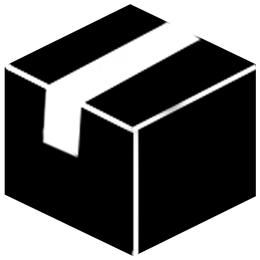 Free EU Shipping above 100€*
Free EU Shipping above 100€*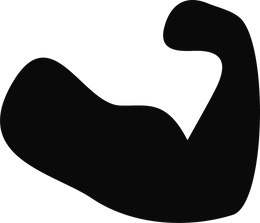 200.000+ Customers Worldwide
200.000+ Customers Worldwide Worldwide Tracked Shipping
Worldwide Tracked Shipping

